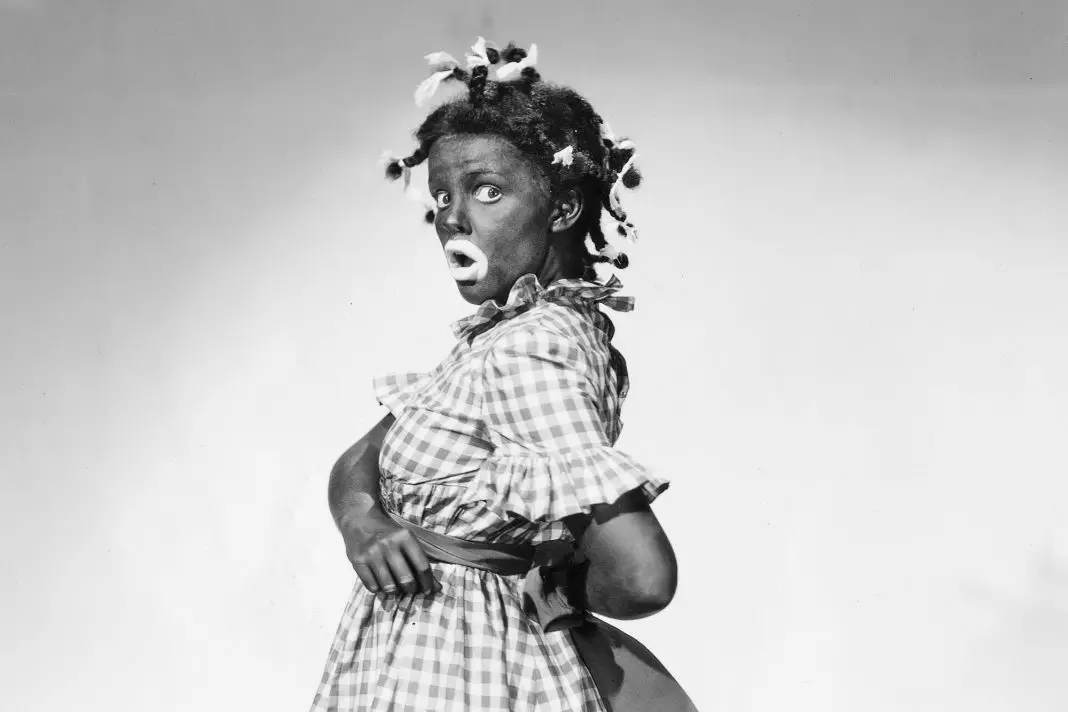The life and legacy of Judy Garland came into focus recently after a photo of her in blackface from 1938’s Everybody Sing went viral. The picture has sparked an online debate, although many have stepped up in defence of the late singer, dancer and actress.
Judy Garland first gained prominence as a child star before going on to appear in classic films such as The Wizard of Oz (1939), A Star Is Born (1954) and Judgment at Nuremberg (1961). But it was a photo of her blackface role in Everybody Sing (1938) that has recently provoked debate among social media users.
The photo of a teenage Garland in blackface with large white lips and dreadlocks is from the film, in which she starred at age 16. Despite being praised by many for her later activism in the Civil Rights Movement, this portrayal of Judy Bellaire in Everybody Sing was labelled inappropriate and insensitive.
Many netizens have defended Garland, pointing out the lack of agency she had in her decision-making as a minor and under abusive management. They also highlighted how hard it is to judge someone’s past actions without knowing their upbringing or circumstances at the time.
The public has become increasingly aware of Garland’s difficult life – her drug and alcohol addiction, her mental health struggles and the alleged sexual assault she suffered – as well as her eventual activism.
In a 2005 posthumous memoir by Sid Luft, Judy Garland’s ex-husband, it was detailed that actors playing munchkins on the set of The Wizard of Oz groped her. “They thought they could get away with anything because they were so small,” Luft wrote.
Judy Garland is now seen as an iconic figure to many, an empathic icon of the marginalized with her struggles and successes throughout her life. Before she died at age 47, she was a vocal supporter of the Civil Rights Movement.
The controversy surrounding Garland’s use of blackface highlights the ongoing conversation about the harmful effects of blackface and the importance of acknowledging and learning from the mistakes of the past.

The Urban Woman Magazine Editorial Team is made up of seasoned writers and editors who have a keen eye for detail and a passion for all things urban. We strive to create fresh, original content that appeals to the modern woman. Our mission is to provide a platform for women to share their stories, experiences and opinions on various issues affecting their lives.

